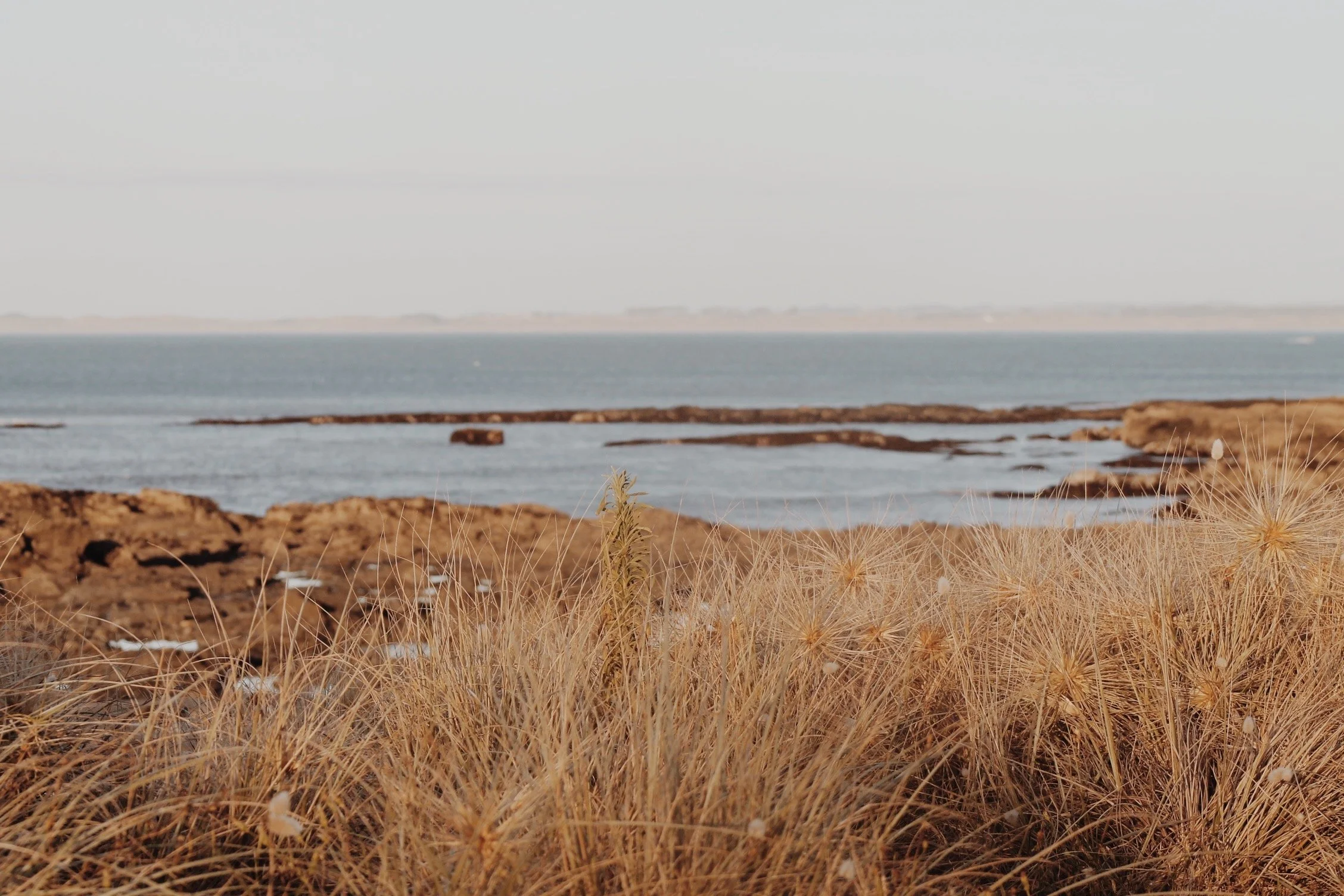
The Mahi
-

One-on-one Mentoring
Professional youth mentoring, weaving best practice with what the young person brings, supports their search for identity and purpose. Ka mua, ka muri -walking backwards into the future.
For young people to succeed they need adults walking alongside them at crucial times in their journeys. I guide taiohi so they can find out who they are, what they need and what they want. I don’t need to know how to step into a young person’s shoes, my approach is to know when it’s time to take mine off.
Firstly though, the young person has to have a reason to trust me and the best way to start that is through the puku. Food, fun, physical activities and whanau are my four ‘Fs’ of mentoring woven with humour and creativity.
-

Youth Development
Leadership Training.
We all have the ability to influence others however skills are seldom taught but expected when given leadership roles. While the traditional view of speaking publicly and thinking on your feet is important I also draw out their listening and motivational skills. In any group all voices are important and this is key to taiohi feeling comfortable being followed and feeling valued.
Programme Development.
From design and development to establishing and running programmes, my mahi fosters the attributes within taiohi using mechanisms and frameworks arranged to suit the group or individuals. These arm taiohi to creatively search for their identity and purpose.
-

Supervision
Over 20 years in the youth development space steers my supervision of kaimahi in the youth development. While passion is a given for those working in this sector, only experience hones our ‘listening’ skills.
Listening, watching, and being patient leads to intuition. Pukuaroha (empathy), the centre post of the mahi, is made up of two well-known words; puku and aroha. When this ‘love from the tummy’ is purposeful our taiohi thrive.
This ‘feel’ of those moments that indicate change can be undone by doubt. I scaffold kaimahi’s flow through encouragement, years of success in the sector and drawing out their capabilities. Like mentoring, my supervision is specific to the individual and their mahi; nurturing their skills to champion our future.

“You’ve shown me that I am the person that the younger me would have looked up to and wanted to be. The person who I needed to get through the tough times, I can be that for someone else so they don’t have to struggle like I did.”
The mahi in action
-

Grow them
Every young person I mentor succeeds in ways they would never have dreamed of.
Jamie, the first taiohi I formally mentored, 18 years later has a very successful business where he now mentors his employees and business partner.
At 14, Acer told me that he would leave school as soon as he was 16. The combination of the opportunities he had through Project K gave him a love of the ngahere, and my support lead to his completion of high school and tertiary study to leading a team of arborists a decade later.
Recently I supported a young man through Te Kōti Rangitahi who not only got a discharge but grew his knowledge of his culture. Through our work together he saw his new normal; being involved in the development of and presenting a wellbeing App as well as being the sole voice of young people at this year’s Ignite Conference.
-

Build them
I use the knowledge of great leaders and success of the teams I managed or coached to develop leaders.
Mentoring naturally builds leadership, however, the stories and tikanga of a community are its essence. In Otamatea High School I encouraged the senior students to weave that into Ngā Ara Whetū. That empowered them to deliver strong and sustainable student-lead peer mentoring and those Year 12s went on to reach the highest level of leadership in their school.
My enhancement of Project K’s Community Challenge, so taiohi use tikanga while cooking hangi for their whānau, also saw them express their gratitude in an authentic way. With sustainability and stakeholder engagement in mind, I also redeveloped Project K’s Induction and Mentor Training, creating more value for the participants and to lessen the impact on the resources of their mentors.
-

Support them
As a Programme Manager I knew what my people needed was already had inside.
Like the mentees, players and senior students I work with, many of my staff outgrew those roles, taking on further study or responsibilities, consequently reaching new heights in their mahi.
When kaimahi see value in themselves they see the value in their young people, and grow professionally and personally.
We are all susceptible to imposter syndrome so I encourage kaimahi to answer the questions they have for me, learn to listen to their puku gaining confidence in their intuition and experience.
When kaimahi are able to give the best of themselves to the taiohi they work with they support the young person’s successful navigation of education and their challenges.
